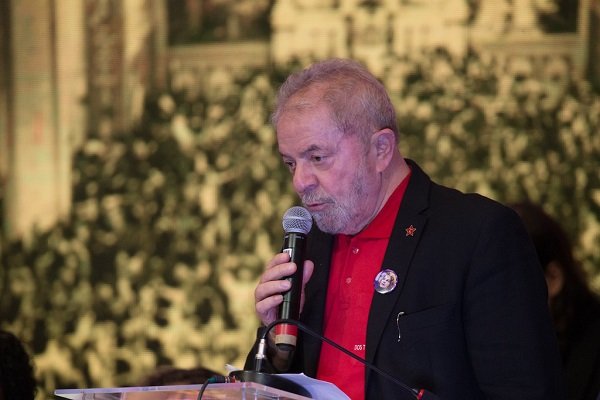This Content Is Only For Subscribers
To unlock this content, subscribe to INTERLIRA Reports.
On Wednesday (21/12), the Congress concluded the approval of the Transition proposed amendment to the Constitution (PEC). The text relieves pressure on the budget and associated to the rejection of the Secret Budget by the Federal Supreme Court (STF), helps the government to fulfill campaign promises and creates opportunity to negotiate with the Congress for political support. However, the vote showed that the new government is quite dependent on the political group called “Centrão”, which is led by the House of Deputies President Arthur Lira, with whom Lula will have to negotiate.
The Transition PEC
The Transition PEC allows the government to spend, next year, R$ 145 billion outside the spending limit to pay the Auxílio Brasil, which will be called again Bolsa Família. The text also authorizes BRL 23 billion in investments outside the spending limit – the amount refers to the excess revenue that the government had in the previous year.
Since the expenses with the social benefit were removed from the spending limit, more resources became available to spend with public policies, which had suffered significative budget cuts, such as the Farmácia Popular e o Minha Casa, Minha Vida – programs that provide medicines and houses to the poor population. Since the government was elected with a social proposal, lack of resources for these programs could be loss of popular support.
STF Rejects the “Secret Budget”
On Monday (19/12), the STF declared unconstitutional the use of the secret budget, which was a series of legal measures made by the budget rapporteur to distribute funds in Congress without transparency. These funds were released by the rapporteur at the request of Congressmen for projects of their interest, but without disclosing important information. In some cases, not even the names of those who requested the money were disclosed. Hence the nickame “secret budget”.
The rejection of the “secret budget” led to the split of the R$ 19.5 billion foreseen for it in 2023. Half remains under the control of Congressmen, expanding the resources available for them to carry out individual projects, and the other half will return to the Executive, where the amount will be distributed across among the ministries.
Despite the division, politicians from the “Centrão” told media sources that the resources that will return to the ministries will likely be used by the Federal Government as capital for political negotiations. Deputies and senators will have to negotiate the transfer of resources with the ministries — which reduces the power of Congress.
These conditions may provide the new government the possibility to govern with stability, despite the fierce opposition it will likely face from the large number of senators and federal deputies elected by the Liberal Party (PL) and associated parties, which supported President Jair Bolsonaro in the last elections.
Dependency on the “Centrão”
The version of the Transition PEC approved on Wednesday, allowed the Government to maintain the R$ 145 billion outside the spending limit for only one year, although, initially, the proposal was for 4 years. In addition, the vote on the House of Deputies showed that the Government, at least for the moment, does not have the desired political support to approve important projects. It depends on the “Centrão” to obtain votes. This means that, if Lula wants to keep the resources for his projects flowing in the second year of his mandate, negotiations will be necessary already in the end of 2023, when the 2024 budget will be prepared.
2023 Budget and Minimum Wage
With the approval of the Transition PEC, the Congress was able to approve on Thursday (22/12) the 2023 Budget, which included a minimum wage of R$ 1,320. The value represents a real increase of 2.7% of the proposal made by the Jair Bolsonaro’s Government and will have an additional cost of R$ 6.8 billion on public expenses.




